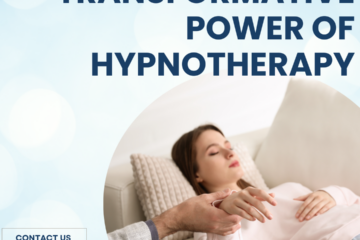Anxiety attacks are sudden feelings of intense fear or apprehension that occur out of the blue, without any apparent reason.
They can be extremely distressing – causing symptoms like trembling, shortness of breath and dizzy spells.
An anxiety attack can be extremely scary, especially if you’ve never experienced one before. When it hits, you might feel like you can’t breathe and as though your heart is going to explode. Don’t worry—we’ve all been there! Taking a few deep breaths will help your body calm down, and if you try one of these strategies that are proven effective to alleviate the symptoms of an anxiety attack, we can almost guarantee that you’ll feel much better in no time.
Anxiety attacks are a very real thing and can occur in anyone at any time. They may be caused from various sources and be a result of many different things. The best way to deal with them is through proper coping techniques. You can learn how to cope with the symptoms that cause anxiety attacks, reduce the risk of having them in future, and help prevent their recurrence once they’ve happened.
Whether you have mild or severe anxiety, it is important to take action in order to minimise the impact of your condition. There are numerous ways to manage your symptoms and reduce the chances of having an attack.
Here are some tips for coping with an anxiety disorder:
1.Keep physically active.
2.Develop a routine so that you’re physically active most days of the week. Exercise is a powerful stress reducer. It can improve your mood and help you stay healthy. Start out slowly, and gradually increase the amount and intensity of your activities.
3.Avoid alcohol and recreational drugs.
These substances can cause or worsen anxiety. If you can’t quit on your own, see your health care provider or find a support group to help you.
4.Quit smoking, and cut back or quit drinking caffeinated beverages.
Nicotine and caffeine can worsen anxiety.
5.Use stress management and relaxation techniques.
Visualisation techniques, meditation and yoga are examples of relaxation techniques that can ease anxiety.
6.Make sleep a priority.
Do what you can to make sure you’re getting enough sleep to feel rested. If you aren’t sleeping well, talk with your health care provider.
7.Eat healthy foods.
A healthy diet that incorporates vegetables, fruits, whole grains and fish may be linked to reduced anxiety, but more research is needed.
8.Learn about your disorder.
Talk to your health care provider to find out what might be causing your specific condition and what treatments might be best for you. Involve your family and friends, and ask for their support.
9.Stick to your treatment plan.
Take medications as directed. Keep therapy appointments and complete any assignments your therapist gives. Consistency can make a big difference, especially when it comes to taking your medication.
10.Identify triggers.
Learn what situations or actions cause you stress or increase your anxiety. Practice the strategies you developed with your mental health provider so you’re ready to deal with anxious feelings in these situations.
11.Keep a journal.
Keeping track of your personal life can help you and your mental health provider identify what’s causing you stress and what seems to help you feel better.
12.Socialise. Don’t let worries isolate you from loved ones or activities.
Source:
We trust these strategies will be of help to you, reach out if you need a chat.


0 Comments